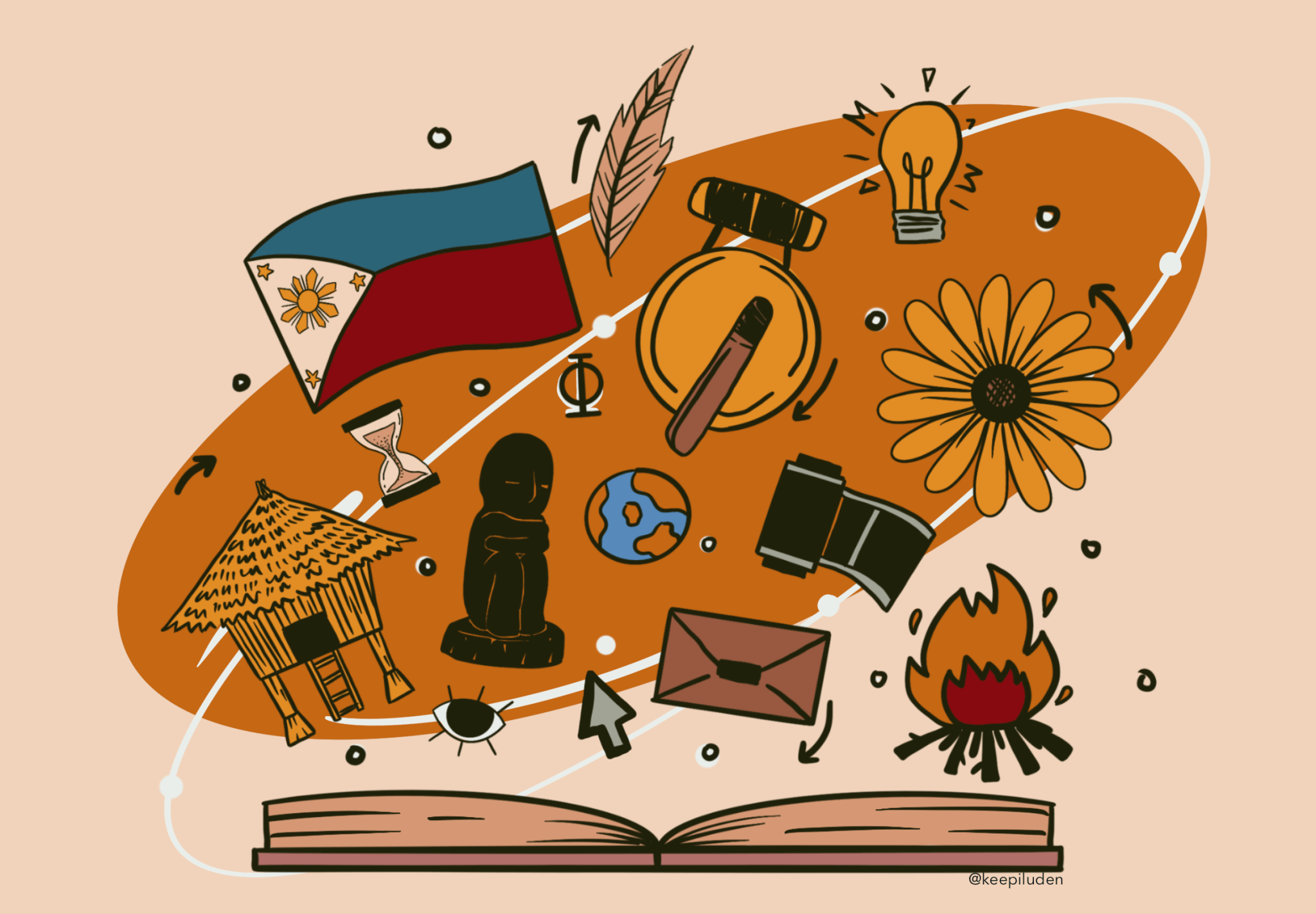
The BASS History program has 130-133 units, including a minor discipline, Social Science core courses, the general education subjects, and other required courses such as Communications, P.I. 100, Math 11, and Foreign Language (Spanish). The program as defined in Academic Catalog of UP Baguio states:
“History is the study of the human past. Complex changes and continuities in the economic, social, political, and cultural life of a community are best understood in an interdisciplinary and integrated manner. The program equips students with various methodologies in research and writing history. It also aims to develop a global outlook that is grounded in nationalism and local knowledge.”
The Minor in Philosophy has a total of 27 units. The program as defined in the revised BASS curriculum states that: “The Philosophy program of UP Baguio To develop a program that inquires into the fundamental questions about the world, knowledge, and the human condition; provides basic proficiency in the history of philosophy and the main areas of philosophical inquiry, as well as skills and competencies necessary for philosophical research. Its mode of philosophizing must mediate local experiences and sources with universal thinking, and must be in dialogue with the natural and social sciences, the humanities and the arts.”
The BASS History, in particular, covers both the breadth and depth of the discipline. Its added feature is that it has a strong social science component, in contrast to a pure specialization in History. Given this, certain limitations are expected from the program. There is, for instance, a limit to the number of area histories like US History (it is only an elective in the current curriculum). Same is true for Philosophy with less area or region-specific subjects (Indian or Chinese Philosophy is just an elective). In addition, there are limited subjects for analytical philosophy and philosophical research. This is understandable given that Philosophy is a minor program with the faculty competence gravitating on specific fields. The program with its broad outlook of the social sciences remains attractive to students as evidenced by good enrollment figures over the years. BASS History majors, when compared to BA History majors for example, are more grounded to the field of social sciences. Inter/multidisciplinarity is also among their best suite.
HISTORY
History studies the human past. Complex changes and continuities in the economic, social, political, and cultural life of a community are best understood in an interdisciplinary and integrated manner. The program equips you with various methodologies in research and writing history. It also aims for you to develop a global outlook that is grounded in nationalism and local knowledge.
Expected Learning Outcomes
- Develop historical thinking skills in the study of the past;
- Discuss History as a Social Science Discipline;
- Explain historical knowledge, methods, methodologies and perspectives;
- Appraise theories and interpretations of history;
- Examine historiographies across space and time;
- Demonstrated capacity to employ diverse historical methods, e.g. archival, oral history, textual and discourse analysis, material culture;
- Apply theoretical and methodological knowledge in history;
- Produce historical research on the Philippines;
- Recognize plural expressions of identity; and
- Apply historical training to professional and everyday lives.
PHILOSOPHY
Philosophy inquires into fundamental questions about the world, knowledge, and the human condition. The program provides basic proficiency in the history of philosophy and the main areas of philosophical inquiry, as well as skills and competencies necessary for philosophical research. Its mode of philosophizing mediates local experiences and sources with universal thinking and is in dialogue with the natural and social sciences, the humanities and the arts.
Expected Learning Outcomes
- Explain the various ways in which the fundamental questions about the world, knowledge and the human condition have been formulated and investigated in the history of philosophy, and in the main areas of philosophical inquiries;
- Appraise pertinent literature in the history of philosophy and the main areas of philosophical inquiry;
- Design proposals on how to philosophically think about issues and questions about the world, knowledge and the human condition through philosophical research that draws from local experiences and sources and is in dialogue with the natural and social sciences, the humanities and the arts;
- Examine the validity and soundness of arguments, distinguish the differences and common grounds between and among competing arguments, and be able to present well-constructed systematic arguments; and
- Exhibit the values of civil argumentation and charitable thinking.
